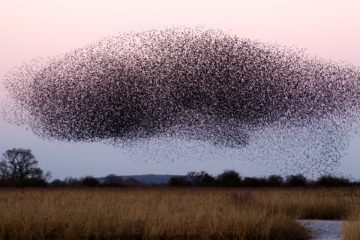by Jochen Szangolies

In the previous essay, we saw the power of common knowledge to orchestrate collective action. We also saw that, generally, common knowledge is difficult to attain without a shared source of truth. This poses a problem for collective action: if we can’t be certain of whether others act alongside ourselves, taking action may be ill-advised; but then, it seems, we ought to conclude that the others will follow the same reasoning, and fail to act, when in fact, acting together would have been in everyone’s best interest.
I argued that, in such cases, the replacement for a common source of truth is to be found in the notion of faith: following William James, faith in a position is justified when evidence for the truth of that position is only available consequent to adopting it. For collective action, we each must have faith in the other’s actions; only then will we act ourselves, as will the others, and only by this will our faith be justified. Hence, having faith in other’s actions opens up a path to collective action where rational considerations might make it seem safer to abstain from action.
But the above glosses over an often underappreciated problem: facts, knowledge, or faith on its own doesn’t have any power to compel action. Just because things are this way or that doesn’t force me to do anything about it. Read more »

